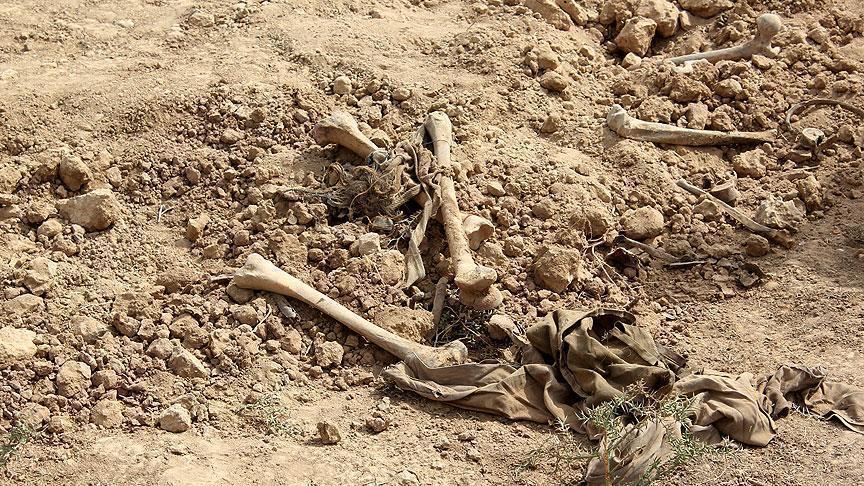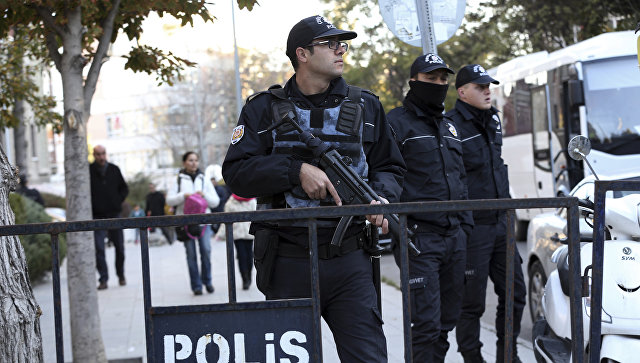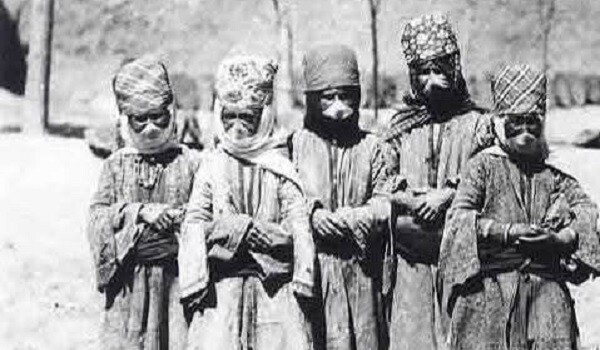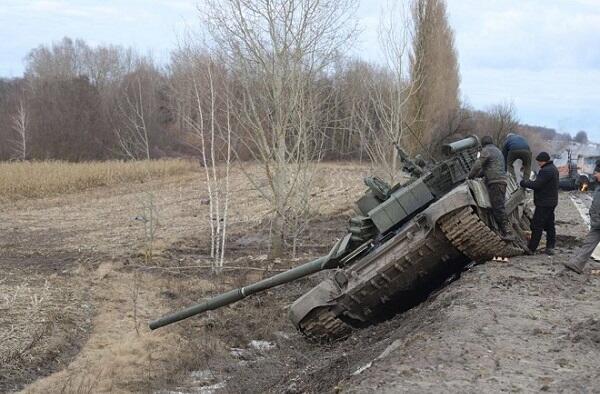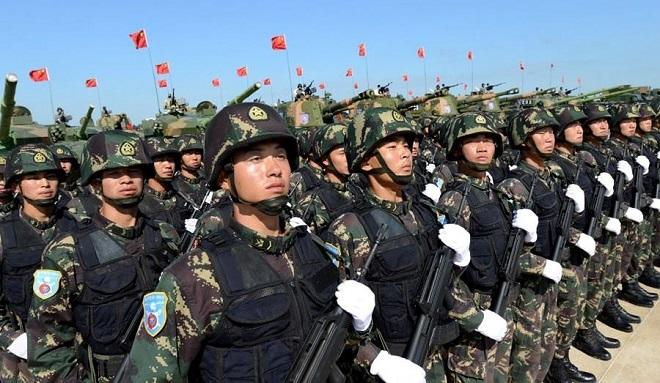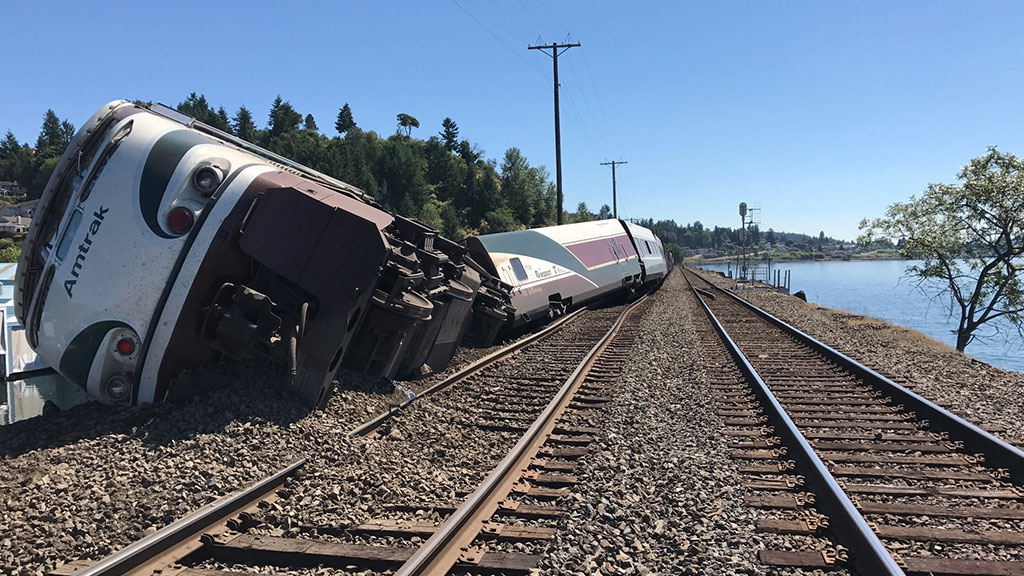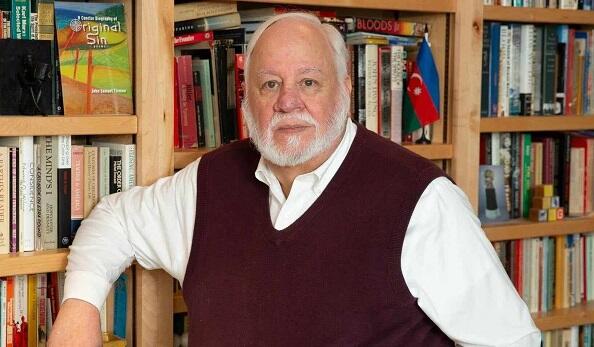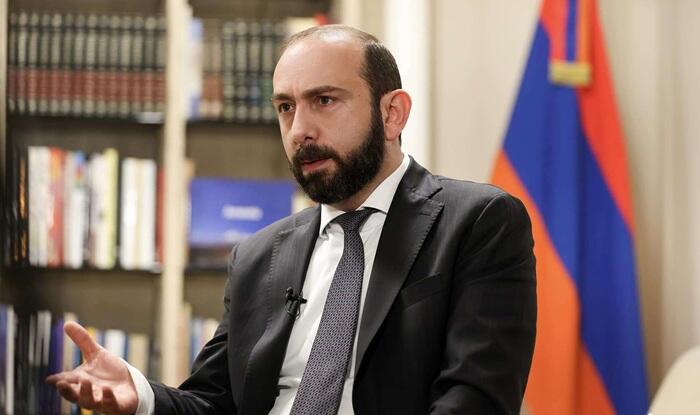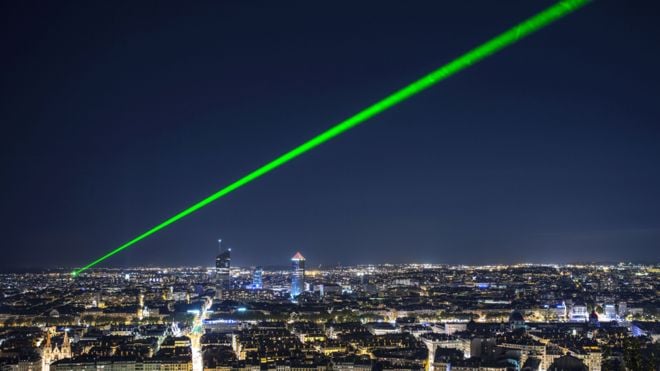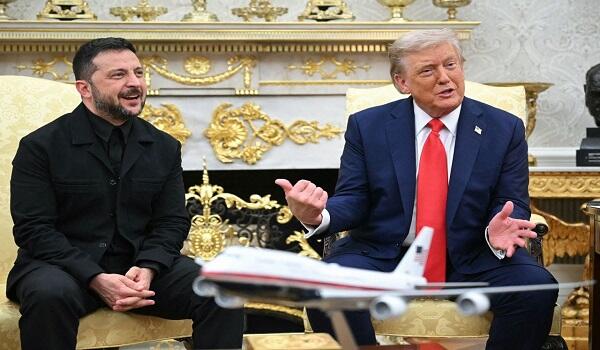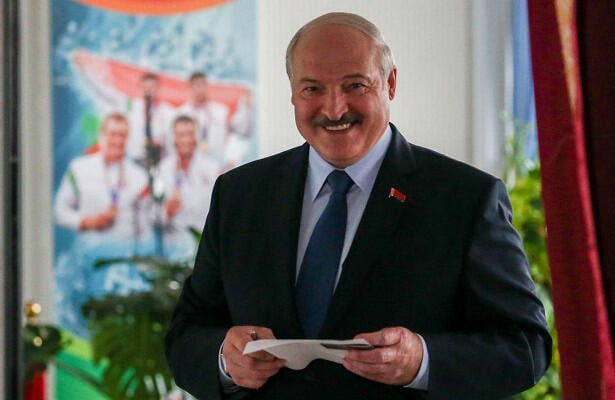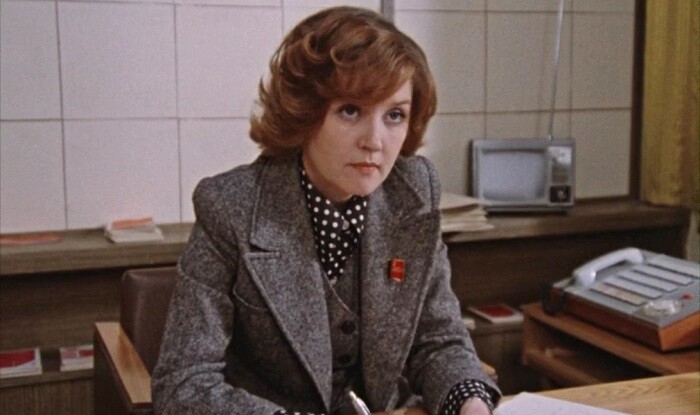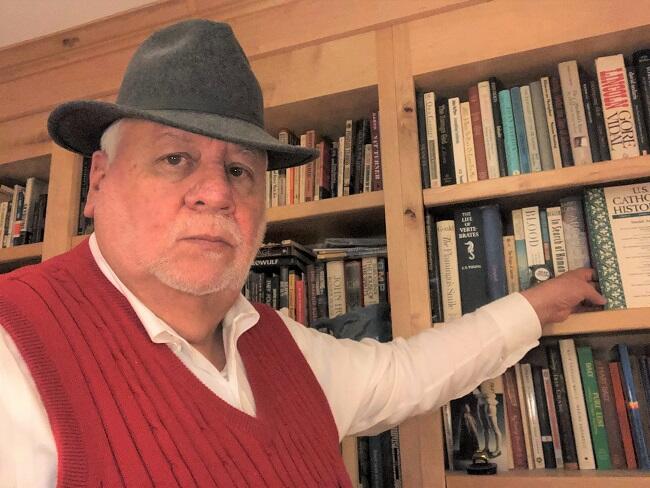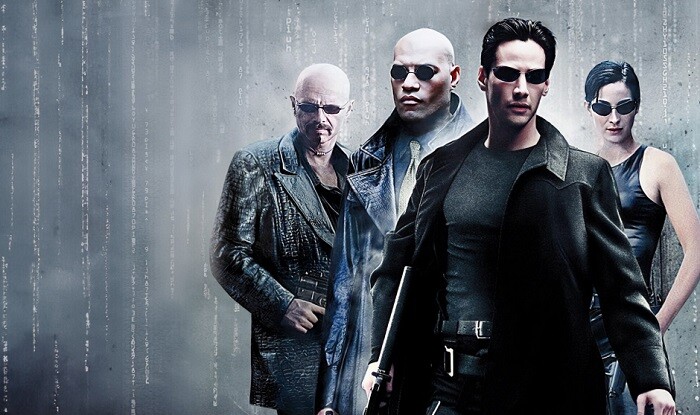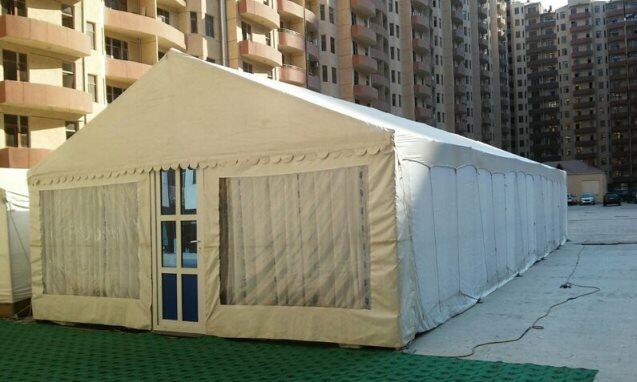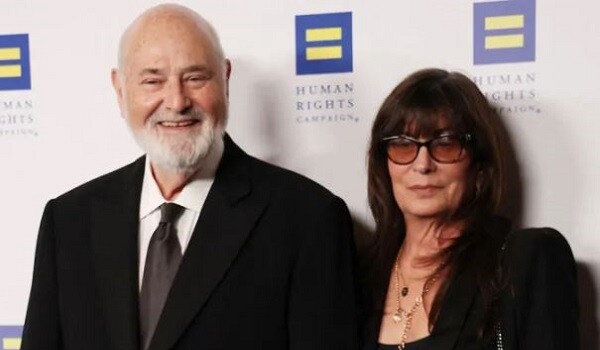Axar.az presents an article Politics And Introspection John Samuel Tieman.
I've never done anything for which I've had a lot of public scrutiny. A lot of folks ask, “How did you vote?” But I'm never asked, “How does it feel?” Or “What have you learned?”
I've spent about eight months as a City Council Member in University City, Missouri, an inner-ring suburb of St. Louis. It seems appropriate to give a brief end-of-year report. But with a twist. My votes are a matter of public record. I'd like to be more introspective as opposed to legislative. I haven’t become an expert in governmental matters. But being In elected office gives insight that can be garnered in no other manner.
What follows is not so much a thesis as a list of things I've felt, things I've learned. My purpose here is not a depth of self-analysis as much as a simple end-of-year report. An emotional landscape. A landscape of my learning. A report of stuff that's not public record. Feelings. Reactions. Self-examination. Stuff that is not bills and resolutions and policy.
***
The job is time-consuming. I spend some of my time every day, and all of my time some days, doing City Council work. Reading reports, attending meetings, meeting with constituents, answering emails – it all takes a lot of time. I've gotten the agenda and readings for next Monday's Council meeting. About 100 pages. That's not much compared to, say, the 900 pages I had to read recently. These 100 pages I will read three times. I turn every page. So, a lot of time. I don't find it tedious. I rather enjoy the wonky minutia. I've taken measures to ensure that the job doesn't interfere with time I spend with my wife.
I've learned that it is one thing to be a protester, and quite another thing to be the person who has to decide upon policy. In a democratic republic, protest is necessary. As a Council Member, however, I have 11,000+ constituents in my ward, and about 34,000+ citizens in University City. I serve them all. The words “compromise” and “consensus” have never meant so much to me.
The hard part is not choosing what is right. The hard part is knowing if I am doing any good.
I work at the most intimate level of the republic. I once read that 80 or 90% of all the laws that affect folks are state and local. Housing. Businesses. Restaurants. How do we arrange for a concert in the park? What can you do about your neighbor's barking dog? Do I need to pay to cut down this dead tree, or is it on city property? All this is local. It's the local government that attends to these and similar issues. I've thought a lot about what it means to be a neighbor, about that form of relationship, about that form of love.
I admire the norms of governance. It too is a form of love. Take political civility for example. To get anything done, political discourse requires public civility. If I wish to speak at my city council meeting, the norms of politics require me to begin my remarks with “Honorable Mayor, my fellow Council Members.” It may seem a bit stilted, but it beats getting attention by wielding a tire iron. I look at it this way. I may oppose this person's proposal today. But I will still be that person's neighbor tomorrow. Norms are important. And they're clear even if most norms are unwritten and unspoken.
I've learned that, by myself, I am powerless. For example, at a Council meeting, I can't propose anything without a second.
I didn't win my election. I was chosen by my neighbors.
I've learned that the political process is at least as important as the outcome. When I chair a meeting, when debate and discussion are over, I ask, “Does everyone feel included? Does everyone feel that their point-of-view has been fairly represented and honored?”
There is so much to learn. Budgets. Bills. Resolutions. Retail sales tax. Storm-water issues. How to address climate change. Governmental restructuring. Small business concerns. Big business concerns. Renovations to historic buildings. How much does a fire truck cost?
I've developed more of a “thick skin”, as the saying goes. There are these folks who feel that, just because I'm elected, they get a free shot at insulting me. I'm an object to be insulted, not a person to be engaged. It's painful. Especially the insults laced with cynicism. I'm not one to run from my pain, to suppress it. I just have to learn to live with this new pain. It doesn't happen that often, but the infrequency doesn't make the pain less impactful.
I have been asked, once, “Do I enjoy public office?” There's no easy answer to that. Yes. And no. I've mentioned some of the negatives already. But about the yes. As I say, I work at the most intimate level of the republic. I enjoy that. Shaking hands. Sitting on a neighbor's porch and listening. I like the intimacy. One of the surprises of my later years – I'm almost 75 – is that I fell in love with my hometown.
I like the status. It soothes my narcissism. I've never been a person of great or overwhelming accomplishments. So being respected in my hometown, being respected by my neighbors, it's pleasing. I like being a village elder.
I've never reflected so much on the democratic republic – what it says about relationships, what it says about caring, how it defines neighbor. How, when it is done well, the democratic republic embodies love.
I carry talismans. A copy of the Constitution, a biography of John Quincy Adams, a medal of St. Thomas More. In the case of More and Adams, I rarely reflect upon the president or the saint. I think about the parliamentarian and the representative, the working politicians. As for the Constitution, I never thought it would fall to me to conserve the traditions, values and norms of the democratic republic.
I've rarely prayed so much.





